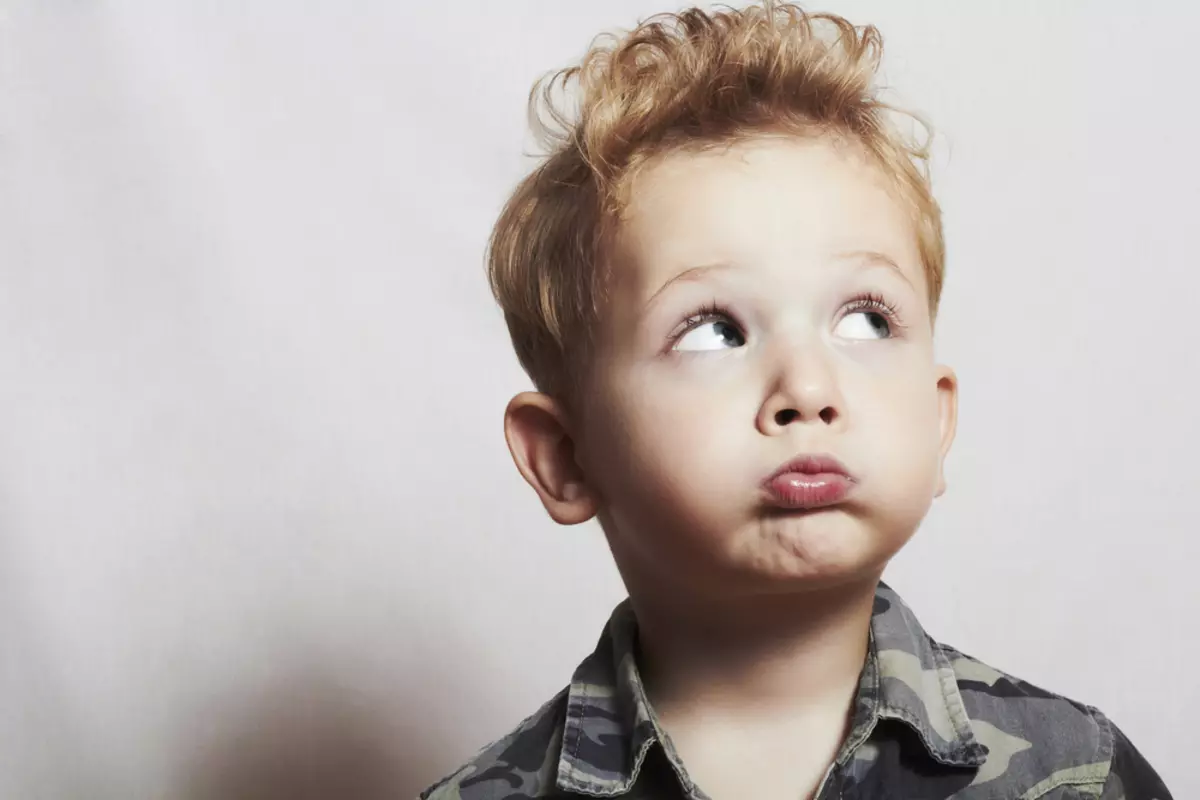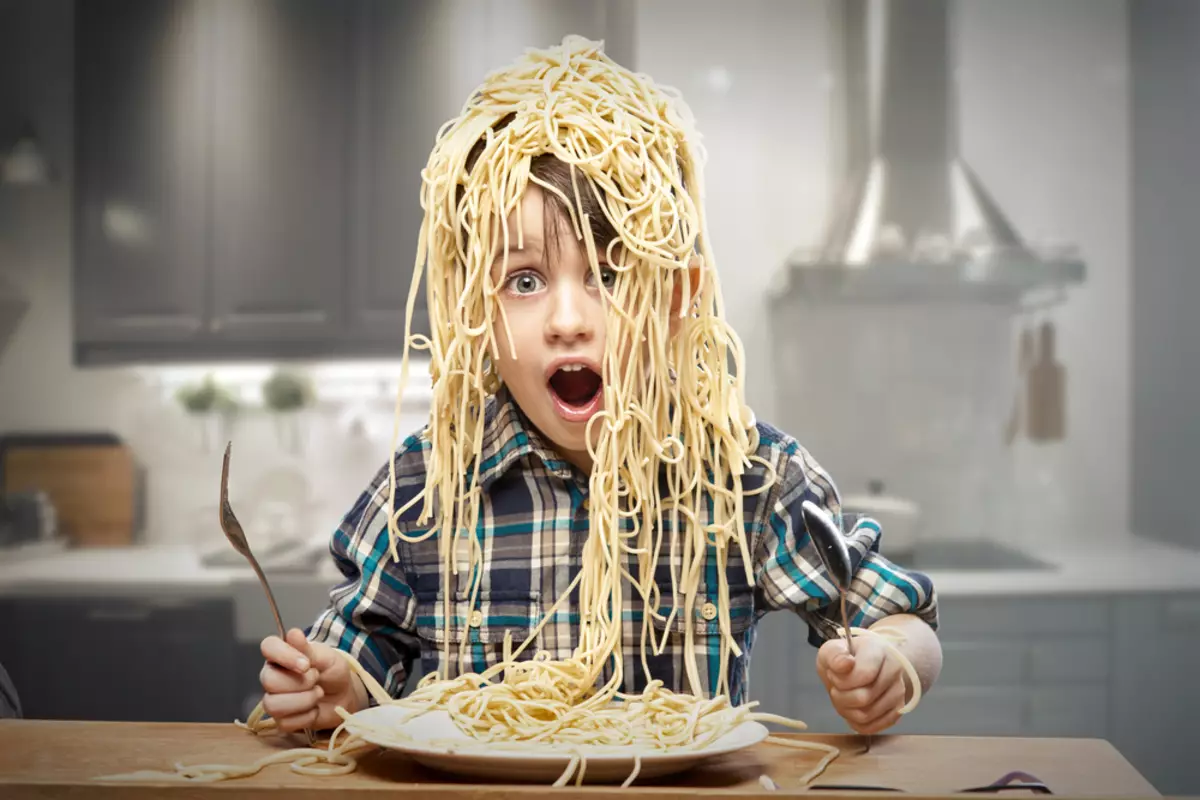
Politeness is, unfortunately, not congenital human quality, so its understanding and education in different families occurs differently. In trying to raise a polite and courteous child, we are literally building the obedient, performing the orders of the robot.
Do not shift the duties on other
When a child demonstrates blatant uncompatory, lying on the floor of the supermarket or throws in passersby pebbles, parents often do not recognize their guilt and shift it on educators, teachers, friends, and even the nature of the child himself. However, the upbringing of politeness is the task of exclusively parents.Professor Frederick Ruviyua, author of the book "The History of Courtlessness: From Revolution to this Day" writes: "Ideally, parents must educate politeness with the help of indirect techniques, demonstrating a polite appeal to the family, with neighbors and acquaintances in their own example, because the theory is not practicing will bring any results. "
You are the world around the world, his universe. What you show him from birth will be broadcast through his whole life.
Politeness = respect

Why can a child say "this aunt beautiful" and is impossible "this aunt is terrible"? Why you can not say "it's tasteless", but you need "I don't like it"? Politeness is, the ability primarily exercise attention and respect for other people and in the second to be adapted to the world. Talking "Aunt Scary" is not worth it because it can upset auce. The child may think so, but it is worth talking out loud - this is a matter of upbringing and tact.
All people are different
To different people we appeal in different ways. So, as a child talks to friends, it is impossible to talk to the teacher. The way he welcomes the neighbor is not quite suitable for the mother of the neighbor. The key principle of any communication is respect for yourself and the interlocutor.Punishment: Do not refuse him

All children sometimes behave out of hand badly. There is always a temptation to surprise the peer "bad" word or adult frankly bad behavior and look at the reaction. This is another way to draw attention to yourself.
Psychologists advise: if the child swears or demonstratively capricious, he needs to scold, explaining what he did wrong.
There is no clear list of techniques for the education of courtesy, for the most part it is a matter of common sense; It is necessary to explain why the rules are supposed to be punished for their non-compliance. Of course, the main problem is authority. Without parental authority, it is impossible to engage in education - says Anya de Viaris, a family psychologist.
Praise more often
Even if the child behaves imperviously, continue to be an example of polite behavior for him, and when he returns to a calm lifestyle, do not forget to praise him. He held the door to mom - thank and praise. Dill, seeing the dirty homeless, although it was very surprised - explain why it could happen and praise for respect. At the age of 2-4 years, it is necessary to praise even for each "thank you" - and it will go into the habit. Not in the reflex to pronounce "Thank you", namely, thank you.
Today, politeness literally lacks time: write a letter of gratitude, to ask for health - this is all the precious moments. However, good manners are still needed in personal, professional life. The less often we hear "please", the more I appreciate it. The polite child grows up by a man who appreciates and respects himself and others, which means that time is just a resource, but good manners - lifestyle.
